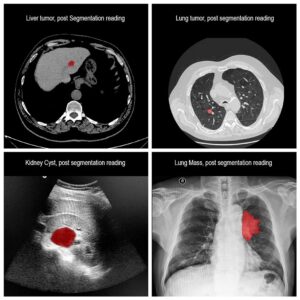
One-click segmentation of medical images
In the medical field, image analysis plays a crucial role in both diagnosis and treatment. Its central tool is segmentation, which involves partitioning an image

In the medical field, image analysis plays a crucial role in both diagnosis and treatment. Its central tool is segmentation, which involves partitioning an image
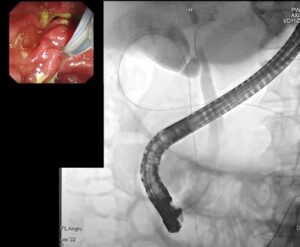
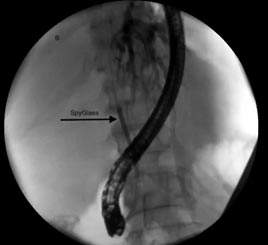
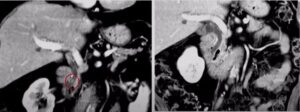
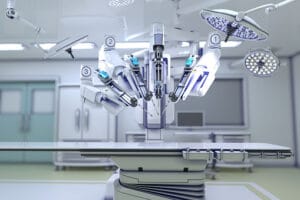
Image analysis techniques and artificial intelligence are leading to radical innovations in renal cancer diagnosis and treatment. In particular, renal cancer robotic surgery. Advanced AI algorithms and computer vision assist in detecting and classifying all kinds of renal diseases, using segmentation and contour detection. This results in improved diagnostic accuracy and enhanced personalized treatment for patients. Moreover, robotic assistance in renal surgeries has gained increased traction in both complete and partial nephrectomies. Surgical planning and 3D reconstruction based on CT and MRI images play vital roles in successful robotic-assisted kidney-related procedures
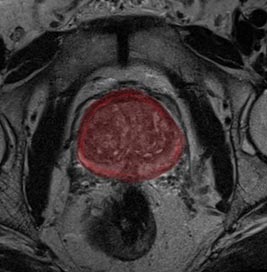
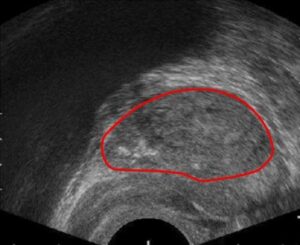
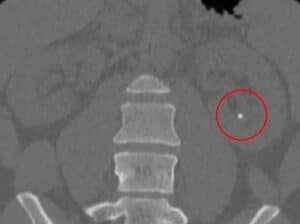
Upper gastrointestinal cancers, including esophageal cancer and gastric cancer, are among the most common cancers worldwide. However, a lack of endoscopists with colonoscopy skills has been identified and solutions are critically needed. The development of a real-time robust detection system for colorectal neoplasms is needed to significantly reduce the risk of missed lesions during colonoscopy.

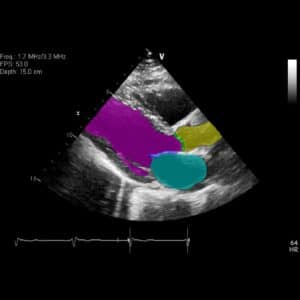
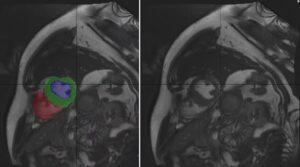
Cardiac magnetic resonance (CMR) imaging plays a critical role in the assessment and management of patients with coronary artery disease (CAD), a leading cause of
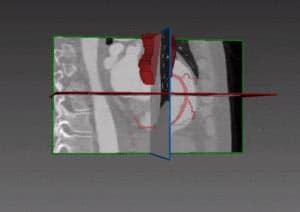
Coronary computed tomography angiography (CCTA) is an efficient and non-invasive imaging modality with widespread clinical implementation in the identification of coronary artery disease (CAD). With
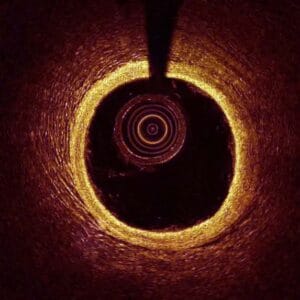
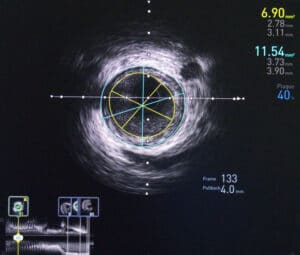
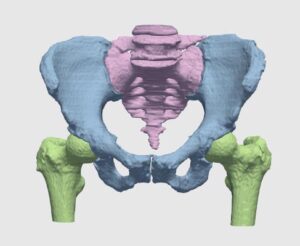
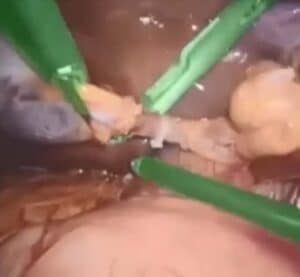
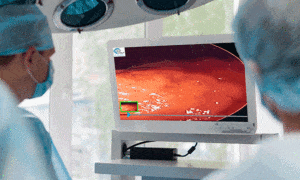

As endoscopic and microscopic image processing, and surgical vision are evolving as necessary tools for computer assisted interventions (CAI), researchers have recognized the need for

Please fill the following form and our experts will be happy to reply to you soon
Subscribe now and receive the Computer Vision News Magazine every month to your mailbox
© All rights reserved to RSIP Vision 2023